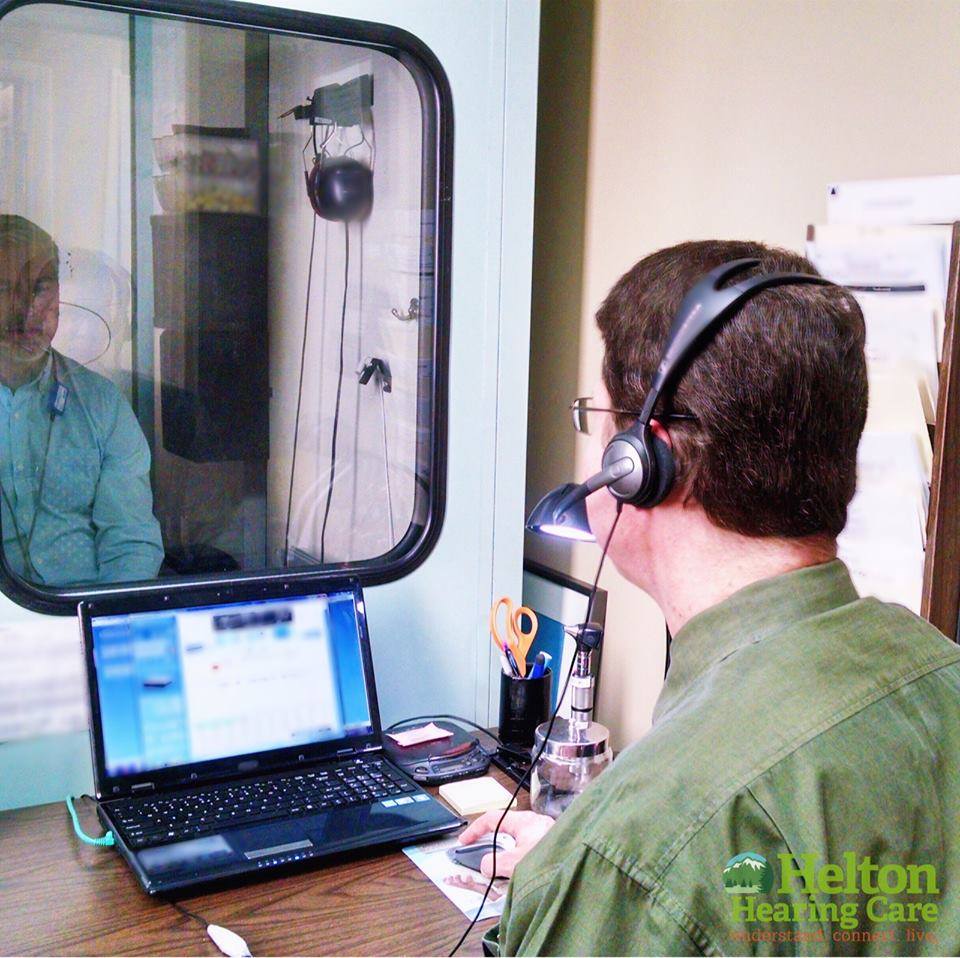Study: Hearing Aids May Help Cut Mortality Risk
Research Adds New Dimension to Importance of Optimal Ear Health An


Research Adds New Dimension to Importance of Optimal Ear Health An

Don’t Miss Out on the Season’s Symphony for the Ears Giggling kids

That Ringing or Buzzing Isn’t Always Permanent. Get the Facts Here. Q: